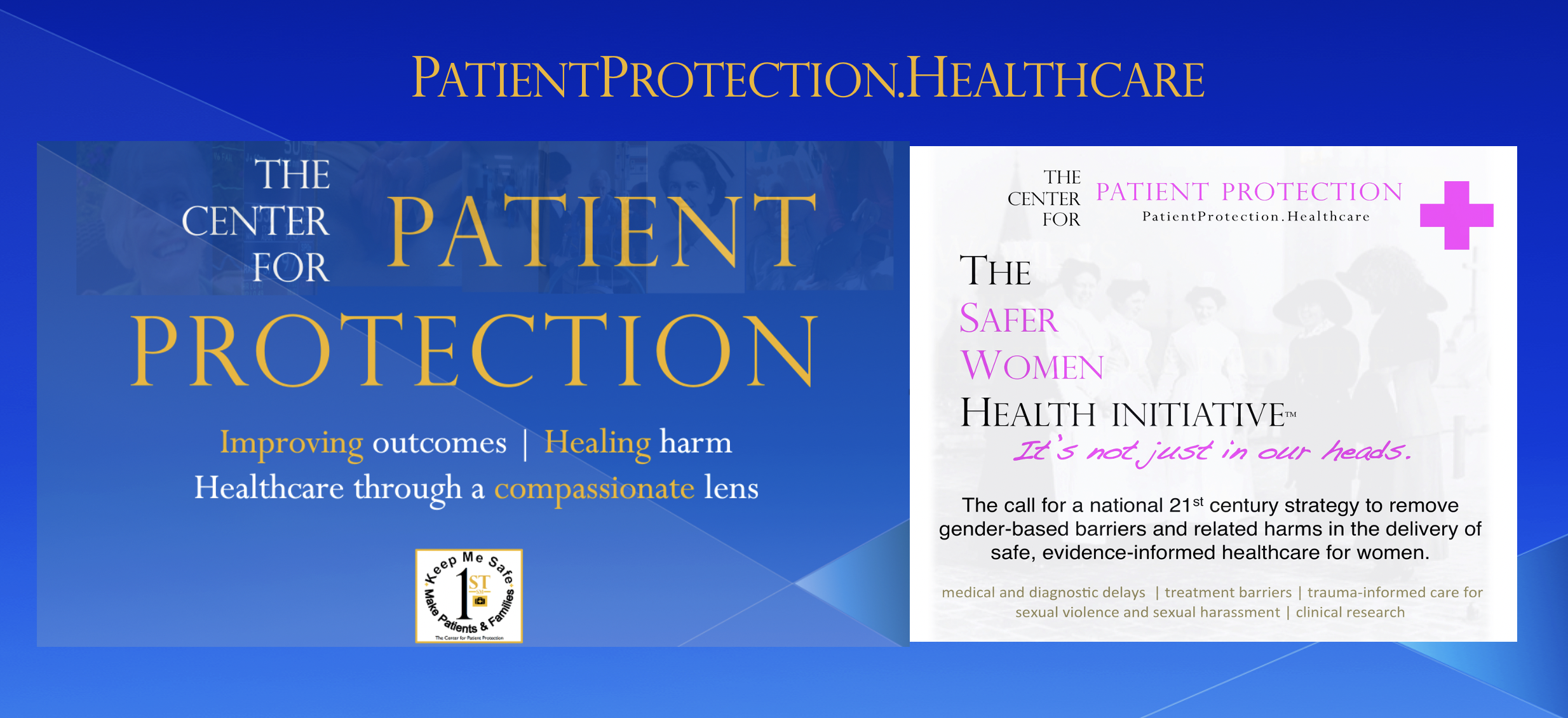Many Canadians have learned the hard way that their healthcare system is not nearly as safe as it needs to be. Lack of adequate accountability is keeping it that way. And the reason, as more and more are discovering, is because it works so well for hospitals, policy makers and, now, lawyers.
My family’s eye-opening experience began a few years ago with the sudden hospitalization of our elderly mother, who sustained a serious brain injury after a fall. We knew this was going to be a life-altering event. What we did not anticipate was a second trauma caused by horrific failures during her hospitalization and a healthcare system that not only allows a hospital to cover-up its wrongdoing, but intentionally gives it the tools to do so.
During her three-month ordeal at an acute care hospital in Ontario, our mother’s condition deteriorated with each passing day. No explanation was ever offered. Only after her discharge, when we obtained an incomplete copy of her chart, did we uncover the reasons. It was not the brain injury that was causing her downward spiral, but the shocking failures in her care.
The hospital made a staggering number of errors involving her medication. Every day, dozens of mistakes were made when safety protocols and physician orders were ignored. Drugs were prescribed incorrectly, prepared incorrectly and often given by the wrong route. Mandatory procedures to prevent life-threatening aspiration pneumonia and other complications were omitted on hundreds of occasions. Sometimes up to 10 hours went by without any care or monitoring, according to the chart. She was allowed to become severely malnourished to the point where she had lost nearly 30 per cent of her pre-injury weight by the time she was sent home. In fact, the hospital didn’t bother to weigh her until the fifth week of her stay. Though malnutrition can be fatal in the elderly, this condition was never disclosed to her family. She was left with painful skin ulcers that were never properly treated. By the time of her discharge, she was listed as being in the “palliative phase of her life.” The hospital didn’t bother to tell us that either.
What is surprising in this odyssey, which has often seemed more like a nightmare, is that it is not all that uncommon. Patients and families regularly report horrendous experiences of hospital neglect, bad care and even worse, followed by unanswered questions and eventually stonewalling. A recent news item about a 90-year-old B.C. woman who was sent home alone in the middle of the night and wearing only pyjamas and slippers, prompted more than 1,300 comments on the CBC website. Many recounted their own hospital horror stories, along with the strongly held conviction that accountability has become the missing discipline in patient care.
And, if our experience is any indication, another force has arrived on the scene to thwart transparency and accountability. The same healthcare facility that could not find enough money to provide a pressure-reducing mattress when our mother began to develop agonizing skin breakdowns, or a doctor to examine her for 24 hours after she suffered a major convulsive seizure, it lavishes on one of the most expensive law firms in Canada, courtesy of deep taxpayer pockets. Their job seems to be to make sure we never get the answers we are looking for. Medical records related to our mother’s care were suddenly beyond our reach and protected by solicitor-client privilege, even though we did not have a lawyer and have never even hinted at legal action. It is another interesting departure from the U.S. healthcare system, where conventional wisdom has it that patient-driven litigation is wreaking staggering costs on hospitals. But in Canada, it is hospitals that are using lawyers to intimidate patients and families — and they are paid with public funds to do it.
Where does a family go when a hospital refuses to be held accountable? A province’s minister of health might seem like a reasonable next step. But Ontario’s Deb Matthews will not allow her ministry to get involved. What about the provincial ombudsman? Unlike some provinces, where a hospital’s actions can be reviewed by an independent fact finder, no redress like that exists in Ontario. Once a hospital waves its imperious hand and declares a matter closed, as our mother’s did, there is nothing left in the healthcare system’s weak and rusty chain of accountability. It would appear that this is precisely what government policy makers have in mind. For all the claims trumpeted by healthcare leaders, patient empowerment, when put to the test, is more myth than reality.
It is said that current trends in healthcare costs are unsustainable. But a healthcare system where hospitals can engage in cover-up and spend scarce public funds on lawyers to prevent inconvenient truths from being exposed? That is really something Canadians cannot afford.
Published in The Huffington Post, October 18, 2013
